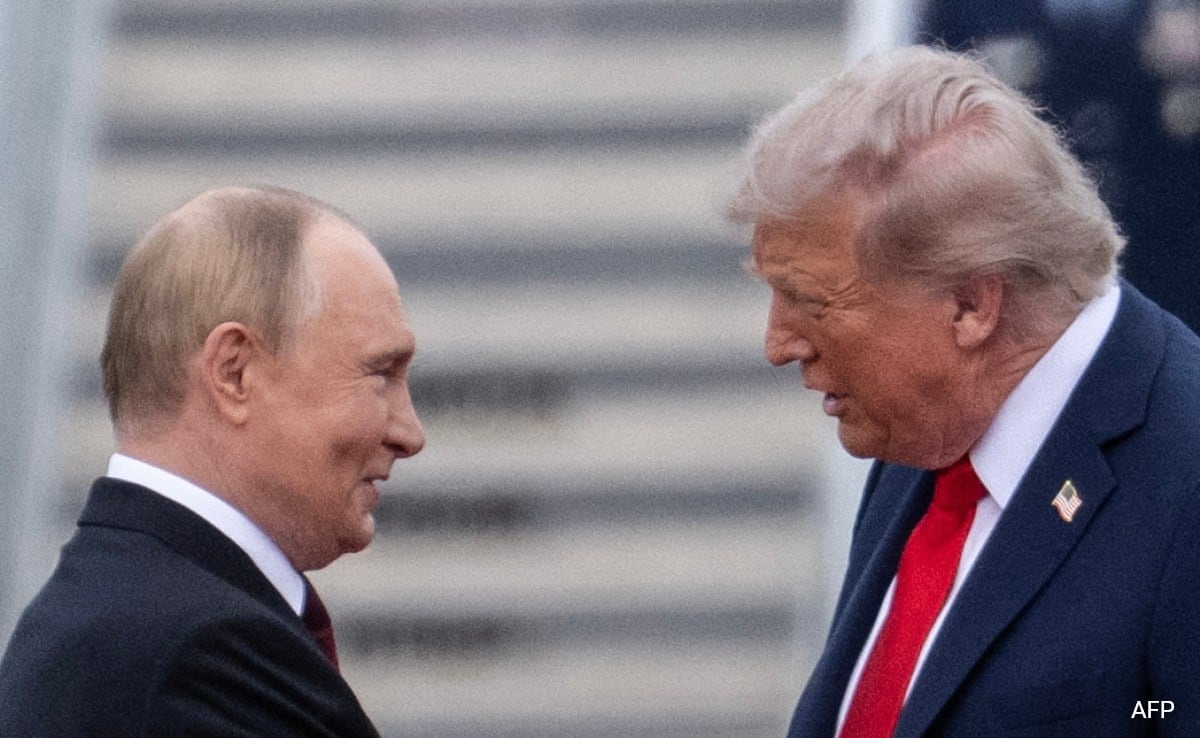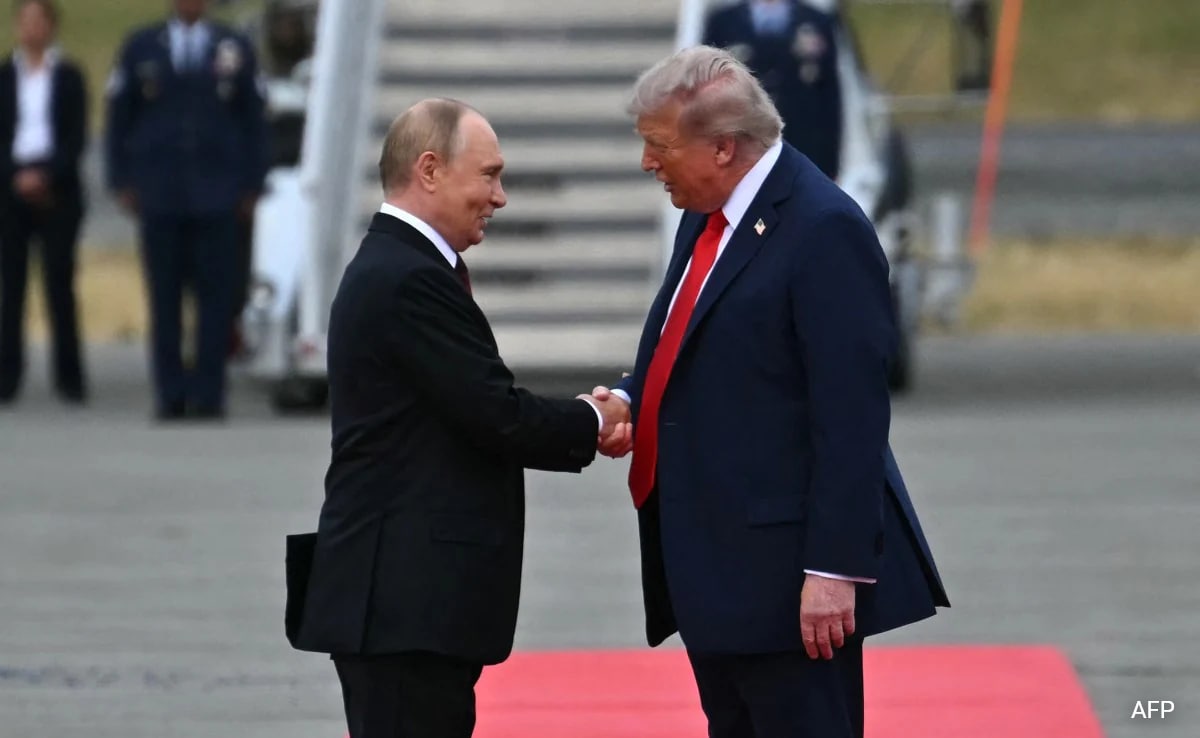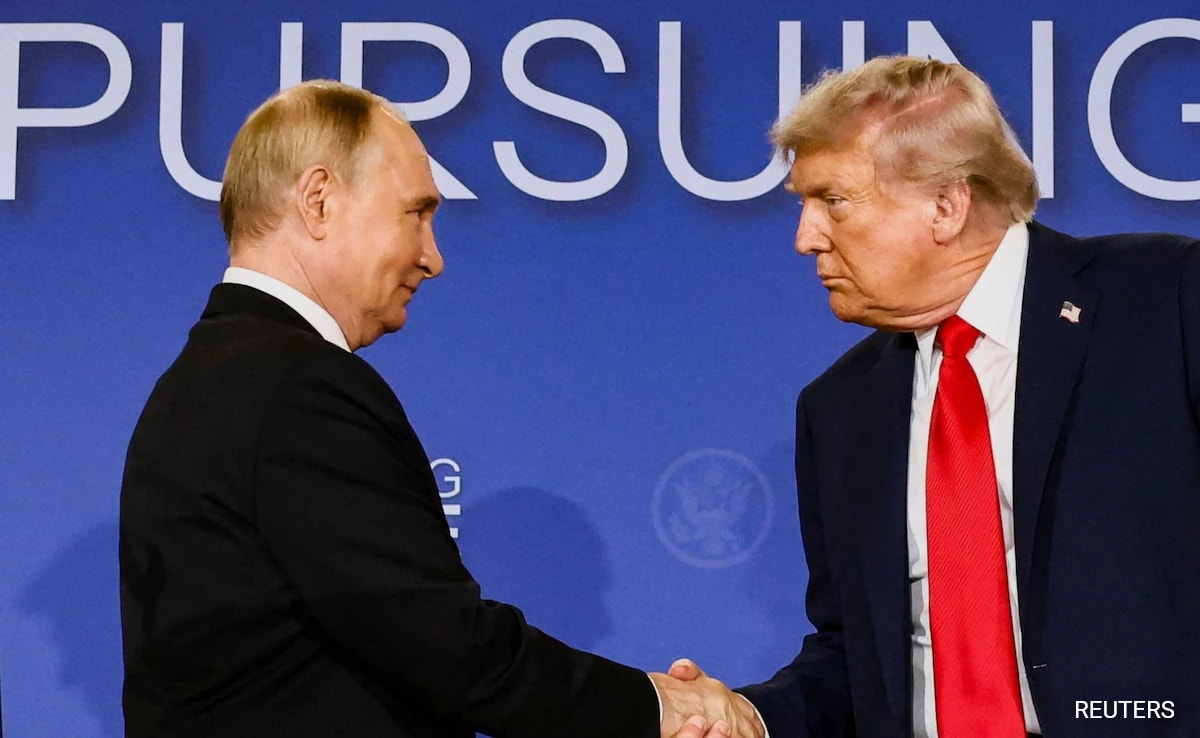A rising level of public abuse and intimidation has led lawmakers like Chris Bryant, a member of the opposition Labour Party, to suggest appointment-only meetings with voters.
“We don’t want special treatment. We know the pressures on the police. We let our guard down,” Bryan wrote in The Guardian newspaper. “But any other workforce that had seen two killings in five years would rightly demand action.”
Britain’s Houses of Parliament are secured with armed police patrol, video surveillance, and airport-style security scanners for all visitors. Items like scissors and screwdrivers are restricted. But such comprehensive protection usually does not extend to lawmakers meeting with voters in public.
The security threat that lawmakers face varies around the world. Apart from the most senior elected officials, few legislators receive round-the-clock police protection. While the cost of safeguarding hundreds of lawmakers can be prohibitive, many elected officials also prefer to remain accessible to their constituents.
In the U.S., lawmakers are protected by the Capitol Police when they are on congressional grounds. But the Jan. 6 attack demonstrated that the force, which has roughly 2,000 officers, could be overrun by rioters.
Shortly after the insurrection, a bipartisan group of representatives reportedly asked House leadership for approval to use more of their congressional allowance to hire law enforcement officers or private consultants to provide security. Lawmakers can already get reimbursement for protection equipment like bulletproof vests.
Federal Election Commission filings showed a spike in security spending among lawmakers since the Capitol riot. Sen. Raphael G. Warnock (D-Ga.) spent $130,000, while Sen. Josh Hawley (R-Mo.) expensed $46,061 for the first three months of the year.
In Singapore, Seng Han Thong, a lawmaker with the ruling People’s Action Party, was set on fire by a man disgruntled that he wasn’t given a Lunar New Year gift in 2009. Seng survived the attack but had to undergo skin-graft surgery.
Lawmakers in the Southeast Asian city-state are expected to regularly attend “Meet-the-People” sessions, for which they arrange security on an “ad hoc” basis, legislators told news outlet Today. They often rely on volunteers who staff the events to be on the lookout for trouble.
Even before an ugly and violent recent election campaign, Ottawa was debating beefing up security for lawmakers who face a spate of threats. Canada’s Parliament and law enforcement were considering offering lawmakers a home security system and a “panic button”-like device, the Canadian Broadcasting Corp. reported in last November.
In France, where President Macron was physically confronted at a recent event, deputies don’t generally get constant personal security. But a force from the national gendarmerie keeps a watchful eye over two palaces where the chambers that make up the country’s legislature hold sessions. Government ministers are guarded by a unit of the police that has more than 1,200 officers. Its duties also include protecting foreign dignitaries visiting France.
In South Korea, lawmakers are not usually granted personal security, though the country’s police deploys a permanent force to the legislature.
Some members of the National Assembly, such as Tae Young-ho, a former North Korean diplomat who is now a South Korean lawmaker, receive protection against possible assassination attempts by agents of Pyongyang.
Ellen Francis in London and Andrew Jeong in Seoul contributed reporting to this article.
.png)











 English (United States) ·
English (United States) ·  Turkish (Turkey) ·
Turkish (Turkey) ·